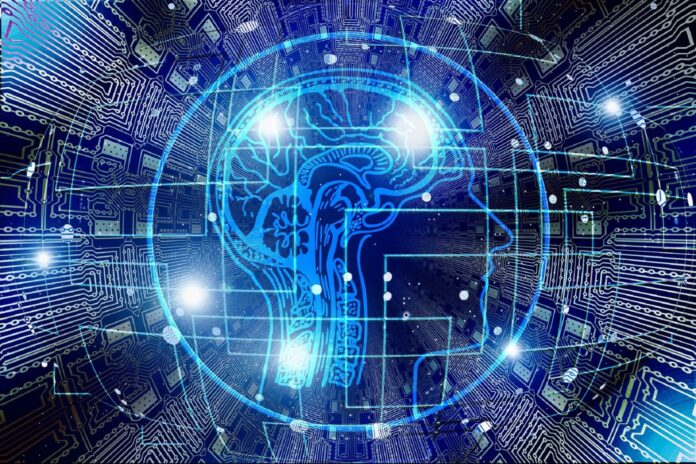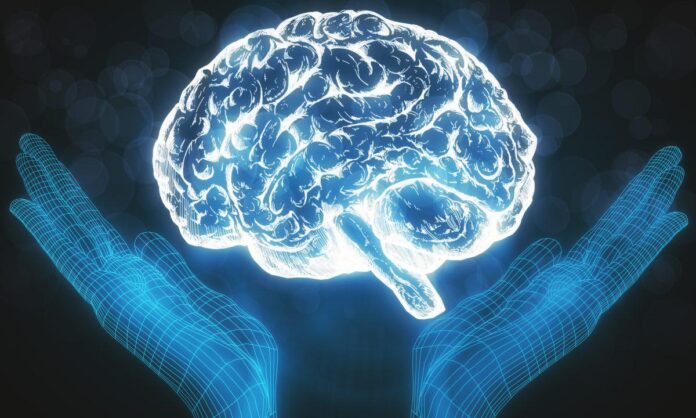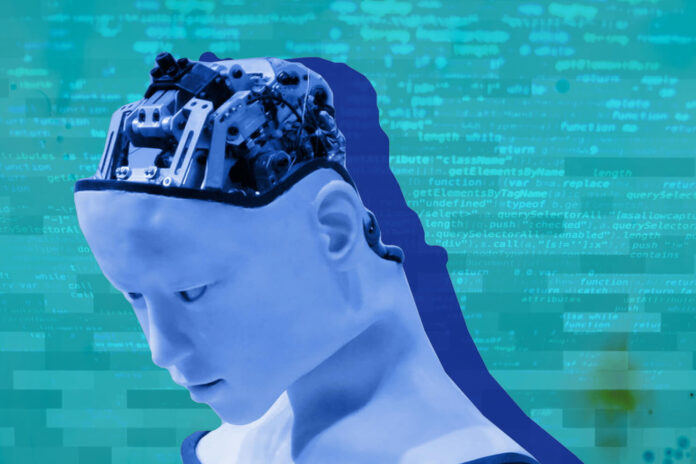From climate change to inequality, humanity is facing a multitude of serious problems – but can artificial intelligence help us to solve these issues or create new ones? In this blog post, we’ll take a look at the pros and cons of using AI to tackle our current problems and explore how it could be used in the future.
The Current State
Currently, humanity faces numerous challenges that are both social and environmental. We are dealing with issues around poverty, inequality, access to resources and education, climate change and loss of habitat, global health concerns including rising rates of malnutrition, and natural disasters such as earthquakes and floods. These problems cause disruption in the lives of people all around the world.
Climate Change
Climate change is one of the most pressing challenges faced by humanity. The Earth’s climate system is composed of interconnected atmospheric, terrestrial, and oceanic elements, which interact with and depend on each other.
Human activities, such as burning fossil fuels for energy production, are producing more carbon dioxide (CO2) than ever before. This extra CO2 traps more heat in the atmosphere and heats up the planet. Human activities are also changing land use patterns, which causes increased levels of methane gas to be released – a much stronger greenhouse gas than CO2.
As temperatures rise across the globe, so have extreme weather events like heat waves, droughts, and floods; glacier melts; sea-level rise; ocean acidification; species extinctions; changes in precipitation patterns and disruption to other ecosystem services that humanity depends upon.
Social Inequality

Social inequality is a major issue currently facing humanity. It is an essential part of the human condition and is manifested in various forms including gender, racial, economic, and religious discrimination. Social inequality occurs when certain members of society are treated differently or unfairly than others due to their background or circumstances. This can lead to feelings of injustice, marginalization, and oppression.
Poverty and Hunger
Poverty and hunger persist as two of the most pressing challenges facing humanity today. In recent years, the number of people living in extreme poverty – defined as living on less than $1.90 per day – has dropped substantially. However, over 700 million people still live in extreme poverty, and many more face a daily struggle to simply survive.
Hunger is closely related to poverty; without access to food, it is difficult for an individual or family to escape the trap of extreme poverty. The Food and Agriculture Organization of the United Nations estimated that about 815 million people were chronically undernourished. This figure represents over 10% of the global population, or one person out of every nine in the world today who goes hungry each day. Poor nutrition causes nearly half (45%) of deaths in children under 5 – 3.1 million children each year – making this a critical concern for overall global health and well-being.
Disease Pandemics
Globalization has enabled easier transmission of viruses across international borders thereby increasing the potential disruption caused by disease outbreaks like COVID-19 or the more recent E-bola virus epidemic in West Africa among others. Due to persistent inequity in medical care availability across nations, this could result in grave consequences if not contained swiftly at their origin point.
AI-Powered Solutions

The current climate crisis and a global pandemic are two of the most pressing problems that humanity is now facing, but they are by no means the only ones. Increasingly, artificial intelligence (AI) is being used to create efficient and adaptive solutions to help address these myriad problems. In fact, artificial intelligence solutions can be used to help solve both long-term and short-term societal issues in a variety of fields such as healthcare, education, climate change mitigation, food production, poverty alleviation, and more.
- Healthcare: AI can help identify medical issues such as diseases earlier than possible before by analyzing patterns within large sets of medical data. This allows healthcare providers to make more accurate diagnoses faster than ever before. Additionally, AI can aid in developing new treatments for existing diseases based on data gathered from patient records.
- Education: By using AI technologies such as machine learning and natural language processing (NLP), teachers can develop online courses that adapt to meet the learning needs of individual students. This way, teachers are able to better support each student’s level of understanding so that more effective lessons can be created for each student’s particular needs.
- Climate Change Mitigation: AI can be used to monitor environmental changes in real-time so that we can identify areas where effort is best spent in order to slow or mitigate climate change impacts by identifying unsustainable practices that need urgent attention or sudden changes in the environment which require an immediate response.
- Food production: Through automation enabled by AI technologies such as robotics and predictive analytics, it is possible for farmers and agricultural businesses to increase efficiency while minimizing waste and reducing human labor costs significantly – this helps reduce costs while ensuring food security throughout the world.
- Poverty Alleviation: AI technologies such as computer vision and NLP can be used to analyze large datasets quickly with greater accuracy than ever before which allows NGOs dedicated to poverty alleviation initiatives to gain insights into previously unnoticed patterns which allows them to deliver services efficiently while helping maximize their impact on those affected by economic hardship around the world.

Conclusion
AI technology has the potential to drastically reduce the problems humanity is facing. Whether it is global warming, air pollution, or economic inequality, AI can have groundbreaking impacts in tackling these challenges. AI can be utilized as a tool where traditional approaches have not been able to scale or succeed.
For instance, automated solutions such as facial recognition and natural language processing can help in accurately identifying and addressing crime and poverty respectively. By using machine learning algorithms, governments can recognize climate change early on, enabling them to take proactive measures to mitigate its effects. Similarly, AI-powered smart cities with renewable energy systems will drive dramatic changes in society and its economic landscape.
In conclusion, if properly managed with moral ethics, AI could prove to be a great asset for humanity in solving current global problems.




